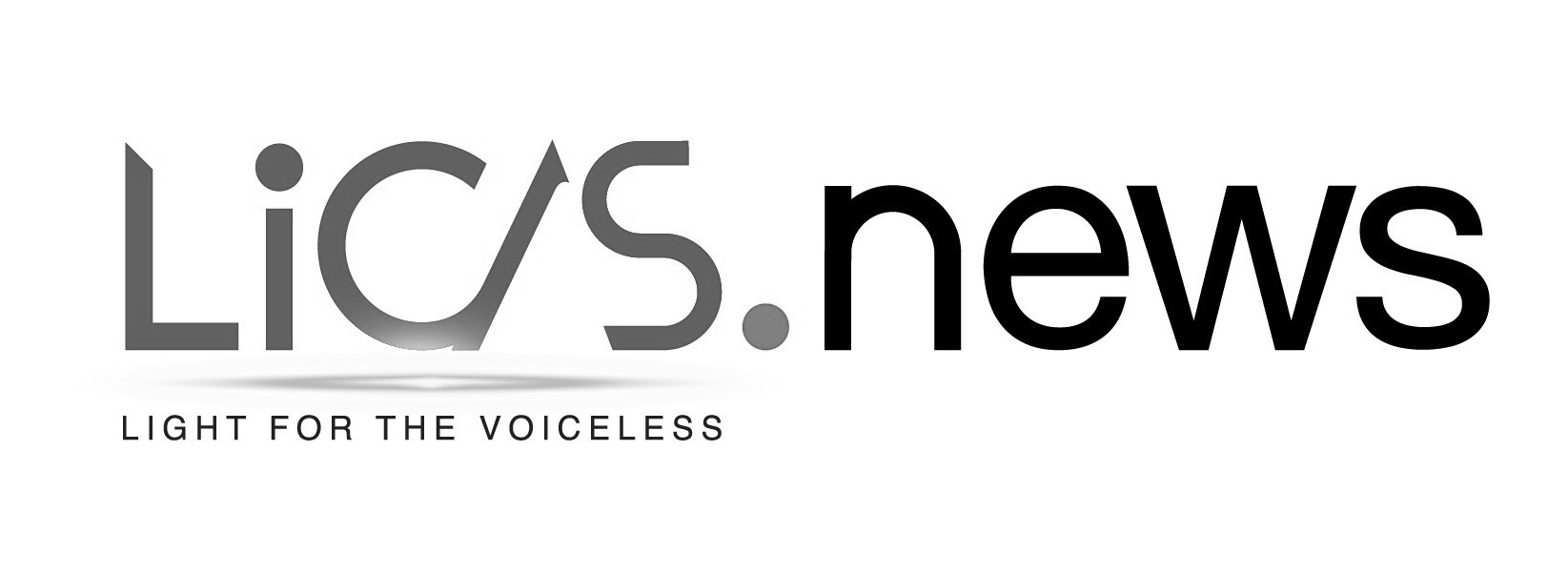Dalit Christians in India will soon have their own news website published online dedicated to covering the rights challenges they face not only in society but within their Churches.
The news portal ‘Dalit Christian Digest’ was launched on the eve of Human Rights Day, Dec. 9. The ecumenical initiative is expected to be live online next month.
Launching the portal, Bishop Sarat Chandra Nayak, chairperson of the Indian Catholic bishops’ Office for Scheduled Castes and Backward Classes, said the use of information technology and media is a must for empowerment of Dalit Christians.
“It is a timely step as this is the age of information and information is power,” Bishop Nayak said. “Media is not only for information but also for connectivity and unity. And we know that unity is power,” he said.
The term Dalit refers to the “untouchables” under India’s ancient caste system. They are considered unclean because they do menial work like manual scavenging and are traditionally ostracized.
The Indian Constitution had officially abolished caste distinctions in 1949 but the enduring legacy of caste discrimination continues to this day.
When discussing the need for a separate media, Father Devasagaya Raj M Zackarias said news about Dalits is either under-reported or misreported as the media is owned by so-called upper-caste people.
Father Zackarias claimed there was a lack of diversity in newsrooms across India.
He cited a report by Oxfam India and the Newslaundry news media company that stated only 5 percent of English media journalists belonged to those deemed from the lower caste, while 10 percent had a role in the Hindi language media.
The Dalit priest claimed the situation was “no different or rather worse off” in the Christian media, despite the fact that a majority Christians in India are Dalits.
According to Government data, 201 million of India’s 1.2 billion people are categorized as being Dalits. Some 60 percent of India’s 28 million Christians are of Dalit or tribal origin.
Objectives
Father Zackarias said Dalit Christian Digest’ will cover not only challenges faced by Dalit Christians in society and within their churches but also their accomplishments.
The objective is to promote peace, harmony, and justice within the Church and in society through authentic communication based on Christian principles, he said.
The site will also advocate for policy changes such as proportionate reservation for Dalit Christians in church hierarchy, governance, institutions, parishes and congregations.
Father Zackarias said the site would be operational by early January and would have journalists and citizen journalist volunteers across India’s states and among the Indian diaspora abroad.
“It is a much-needed initiative,” said Father Vijay Kumar Nayak, secretary of the Indian Catholic bishops’ office for Scheduled Caste and Other Backward Classes.






